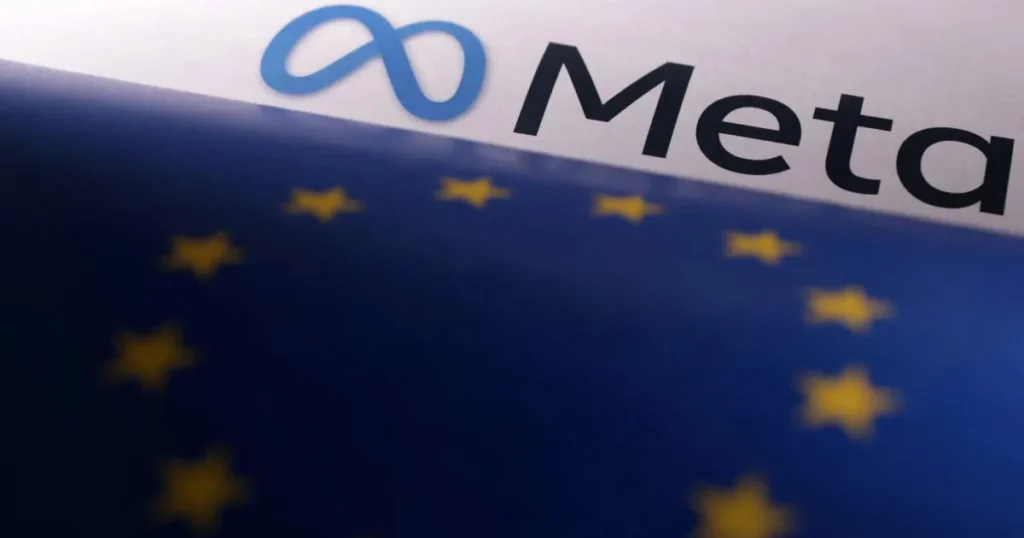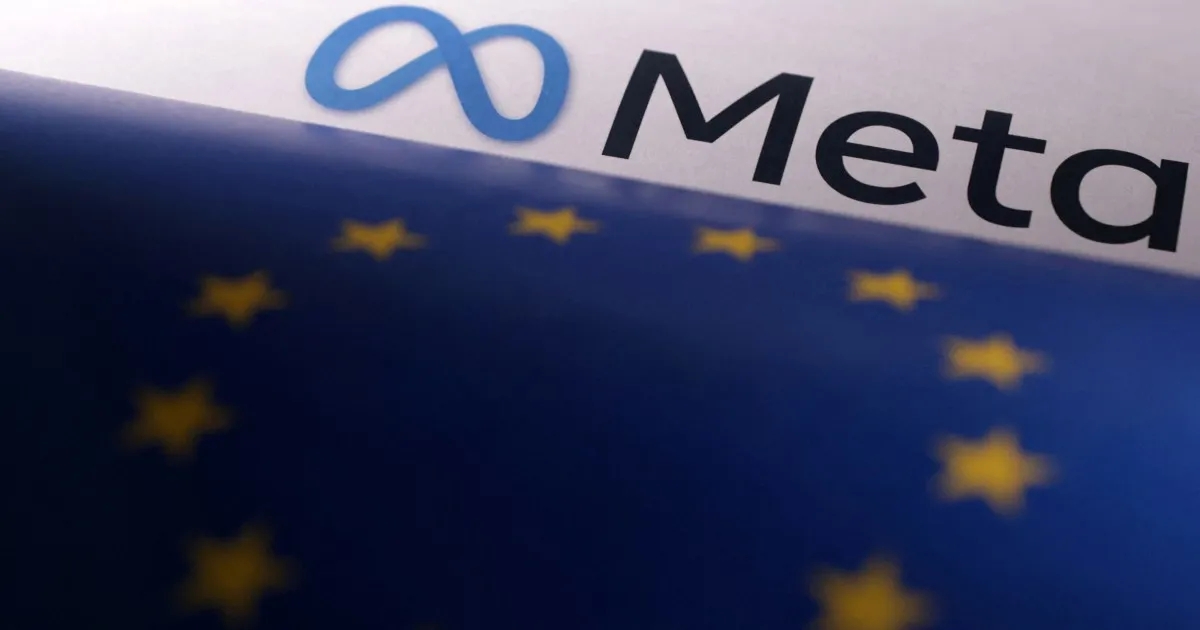EU investigates Meta, Meta addiction concerns, Meta safety for minors, Digital Services Act, social media addiction, minors’ safety online, European Commission investigation, Meta privacy issues, Meta compliance DSA, Facebook and Instagram minors protection,
Meta, the parent company of Facebook and Instagram, is under scrutiny once again, this time by the European Commission. The Commission has initiated formal proceedings to investigate whether Meta has breached the Digital Services Act (DSA) by contributing to social media addiction among minors and failing to ensure their safety and privacy.

The Scope of the Investigation
The European Commission’s investigation focuses on several key areas:
- Assessment and Mitigation of Risks: The Commission is examining whether Meta is adequately assessing and mitigating the risks associated with its platforms’ interfaces. Concerns include the potential for these designs to exploit minors’ vulnerabilities and inexperience, leading to addictive behavior and reinforcing the “rabbit hole” effect, where users are drawn deeper into harmful content.
- Safety and Privacy Measures: The investigation will scrutinize whether Meta has effective measures in place to prevent minors from accessing inappropriate content. This includes examining the robustness of age-verification tools and whether the privacy settings available to minors are straightforward and strong enough to protect them.
- Compliance with the Digital Services Act: The DSA sets stringent standards for very large online platforms and search engines, including transparency about advertising and content moderation decisions, data sharing with the Commission, and addressing risks related to gender-based violence, mental health, and the protection of minors. Meta’s compliance with these obligations is a central focus of the proceedings.
Meta’s Response
In response to the formal proceedings, Meta highlighted its efforts to protect young users. A spokesperson for the company pointed to features such as parental supervision settings, quiet mode, and content restrictions for teens. “We want young people to have safe, age-appropriate experiences online and have spent a decade developing more than 50 tools and policies designed to protect them. This is a challenge the whole industry is facing, and we look forward to sharing details of our work with the European Commission,” the spokesperson told Engadget.
Meta emphasized its commitment to ensuring safe online experiences for young users, citing its long-standing efforts and numerous tools aimed at protecting minors. Despite these assertions, the company’s track record suggests a more complicated reality.
Historical Concerns and Criticisms
Meta has faced ongoing criticism for its handling of minors’ safety on its platforms. Previous incidents have raised significant concerns about the company’s ability to protect young users:
- Algorithmic Issues: Instagram’s algorithm has been criticized for suggesting content that features child sexual exploitation. This raises serious questions about the effectiveness of Meta’s content moderation and the potential harm caused to minors.
- Addictive Designs: There are claims that Meta designs its platforms to be addictive, particularly to young people. This addictive nature is compounded by the promotion of psychologically harmful content, such as eating disorders and body dysmorphia.
- Misinformation Hub: Meta has also been a focal point for misinformation, affecting users of all ages. The European Commission had already launched formal proceedings against Meta on April 30 over concerns related to deceptive advertising, data access for researchers, and the lack of an “effective third-party real-time civic discourse and election-monitoring tool” ahead of the European Parliament elections.
The Role of the Digital Services Act
The DSA is a comprehensive regulatory framework aimed at ensuring safer online environments for users within the EU. For very large online platforms like Meta, the DSA imposes several obligations:
- Transparency in Advertising and Content Moderation: Platforms must be transparent about how they handle advertising and make content moderation decisions.
- Data Sharing: Companies are required to share relevant data with the European Commission to enable effective oversight and enforcement.
- Risk Assessments: Platforms must assess and address risks associated with their systems, particularly those impacting vulnerable groups such as minors.
The investigation into Meta’s compliance with these standards will determine whether the company has met its obligations under the DSA and what further actions may be necessary to protect minors.
The Bigger Picture
Meta’s challenges in ensuring the safety and well-being of its younger users reflect broader issues facing the social media industry. The addictive nature of social media platforms, combined with their vast reach and influence, presents significant risks to minors’ mental and physical health. Regulatory frameworks like the DSA are crucial in holding companies accountable and ensuring they prioritize user safety.
As the investigation unfolds, it will be important to monitor the European Commission’s findings and any potential repercussions for Meta. The outcome could have far-reaching implications for the company’s operations in the EU and set a precedent for how social media platforms address the safety and privacy concerns of their youngest users.
In conclusion, the European Commission’s investigation into Meta highlights the critical need for robust safety and privacy measures for minors on social media platforms. As Meta navigates this scrutiny, it must demonstrate its commitment to protecting young users and complying with regulatory standards to ensure a safer online environment for all.
Read More-
- Elon Musk xAI Supercomputer: Pioneering the Future of Artificial Intelligence by 2025
- Apple AI Revolution: Leveraging Its Massive User Base for Success
- Starmus 2024: A Stellar Celebration of Science and Music in Bratislava
- Why WPP Integrated Anthropic Claude Models into Its AI Platform: A Comprehensive Overview
